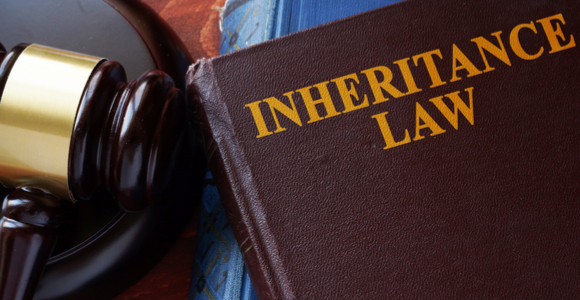WE CAN HELP YOU CALL US TODAY
WE CAN HELP YOU CALL US TODAY

Drafting a will is one of the best ways that a person can ensure that his or her assets will be distributed in a way that he or she deems fair. However, wills must still be filed with a probate court upon the testator’s death, at which point they become vulnerable to contests and delays. Because the probate process can be so expensive and time consuming, many people choose to create trusts or make pre-death transfers. The latter, which are also known as early inheritances come with both advantages and disadvantages, so if you are considering drafting a will, creating a trust, or making a pre-death transfer, it is important to contact an experienced estate planning lawyer who can explain your legal options and ensure that you choose the option that is best for you and your family.
Why do Many People Consider Early Inheritance?
One of the most commonly cited reasons for making pre-death transfers, or giving an early inheritance, is to help relatives avoid cumbersome taxes. For instance, many of those who choose to use early inheritance as an estate planning option transfer the deeds of their homes to loved ones, which then ensures that any heirs are spared estate taxes and probate litigation. However, using early inheritance as an estate planning method can come with risks for the benefactor.
Transfer-on-Death Instruments
Illinois transfer-on-death instruments allow a person to transfer property to another person automatically upon the original owner’s death without the need to go through probate proceedings. These types of documents also allow original property owners to retain control over the property during their lives, as transfer-on-death deeds can be revoked at any time. However, transfer-on-death deeds cannot be used in some situations, including when:
These documents must also be signed in the presence of two witnesses, notarized, and then recorded in the office of public records in the county where the property is located.
Joint Ownership as Tenants-in-Common
Another way for a property owner to share real estate with a loved one is to establish a tenancy-in-common, which is a type of ownership where two people share a joint interest in a specific piece of property. A joint tenancy with a right of survivorship, in particular, ensures that the surviving party obtains 100 percent upon the other party’s death. Like other types of early inheritance options, establishing a joint tenancy with the right of survivorship comes with certain challenges. For instance, if either party has a debt that results in a lien being placed on the property, then the creditor can force the sale of the entire property to pay off that lien, regardless of who incurred the debt.
Call an Experienced Highland Park Estate Planning Attorney
To speak with an experienced estate planning lawyer about whether early inheritance is the right choice for you and your family, please contact a member of our dedicated estate planning legal team at Orlowsky & Wilson, Ltd. Attorneys at Law today. You can reach us by calling 847-325-5559 or via online message.